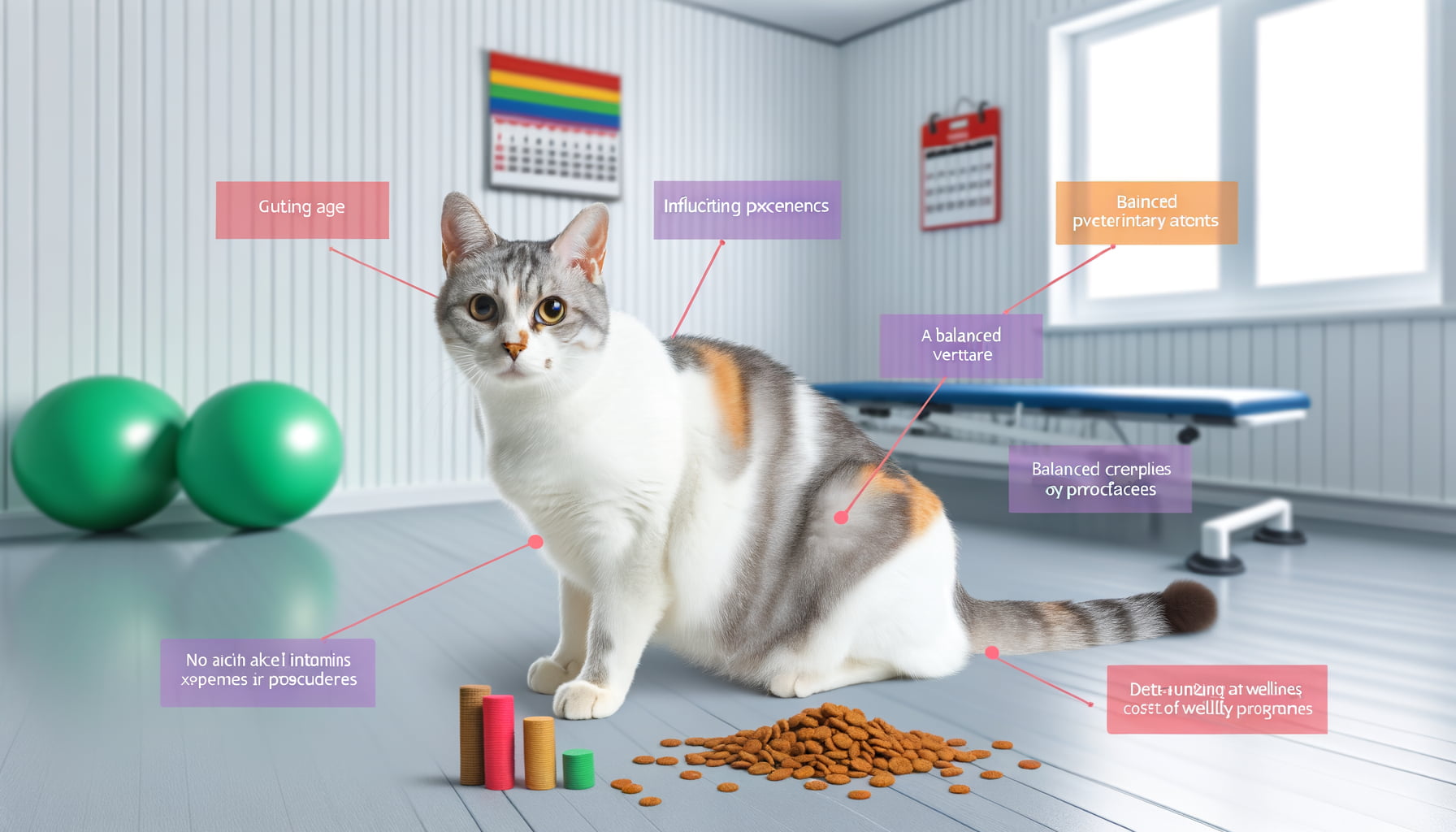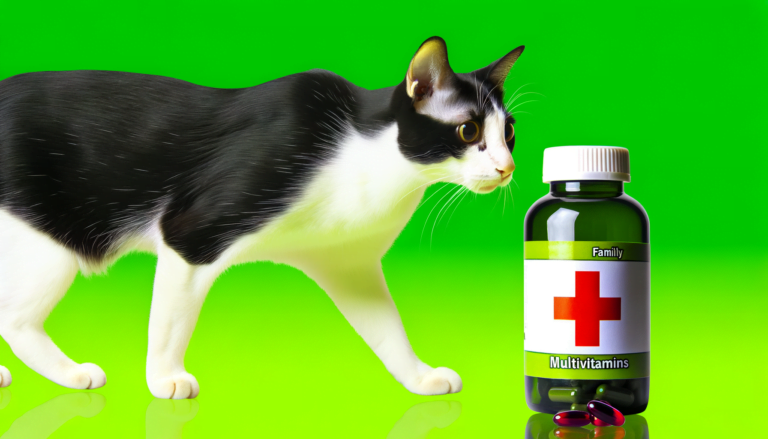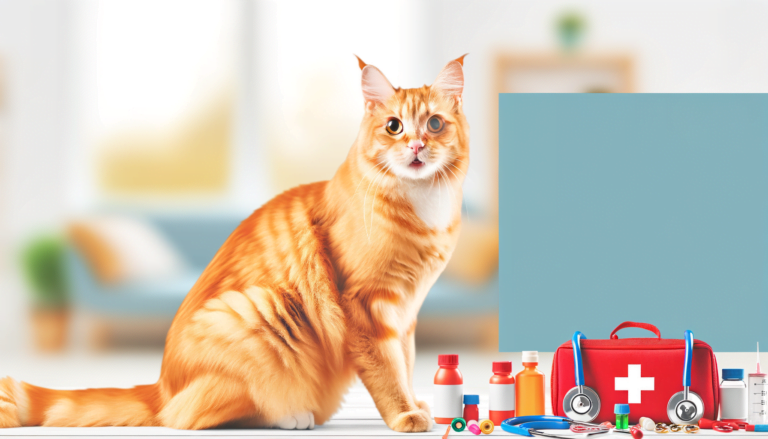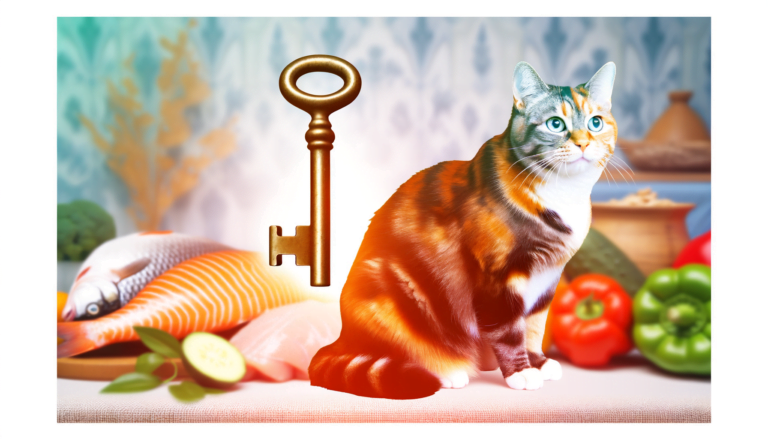Unveiling the Costs: A Deep Dive into Cat Health Insurance
The cost of cat health insurance can vary widely, with the average monthly premium ranging from $15 to $30 for basic coverage, and $35 to $50 for comprehensive plans. This price can fluctuate based on several factors such as the age, breed, and health history of the cat, as well as the deductible amount and reimbursement level chosen. These comprehensive plans typically include coverage for accidents, illnesses, surgery, medication, and sometimes preventive care. Ultimately, despite the cost, many pet owners find cat health insurance to be a valuable investment for peace of mind in case of unexpected health issues.
Understanding Cat Health Insurance

Cat health insurance, akin to human health insurance, provides a safety net for unforeseen medical expenses related to your beloved feline companion. It becomes important to grasp this concept amidst the escalating costs of veterinary care. The elementary structure of insurance rests on the simple principle of risk sharing. When you invest in an insurance policy, you essentially share the risk of incurring substantial medical expenses with the insurance provider.
Remember, cat health insurance does not equate to a health plan. Insurance typically covers unpredictable expenses such as accidents or illness, differing from wellness plans that cover the routine cost of vaccinations, preventive care, and check-ups. This distinction is crucial while understanding these financial safety tools and planning your cat’s healthcare budget.
It’s also noteworthy that all insurance policies contain exclusions. For instance, pre-existing conditions in pets are generally not covered. Understanding the nuances of cat health insurance will be instrumental in making efficient and effective decisions about safeguarding your pet’s health while managing your finances.
Factors Influencing the Cost of Cat Health Insurance

When investigating the expenses associated with cat health insurance, several factors come into play. Breed is a crucial determinant; some are prone to certain health issues, hence higher premiums. The age of your furry friend can also impact the price. Older cats tend to have more health problems, leading insurance companies to charge higher prices for coverage.
Moreover, geographical location is an element that can significantly influence the cost of cat health insurance. Depending on the cost of veterinary care in your area, you might pay more or less than the national average. Coverage options and deductibles also contribute to the overall price. For instance, accident-only plans are less expensive than comprehensive plans that cover both accident and illness.
Lastly, any pre-existing conditions can affect your cat’s insurance cost. Insurance companies typically exclude conditions that were apparent before the insurance policy started. Therefore, if your cat has a known health problem, you may find it harder to secure an affordable policy. When identifying the right insurance plan, it’s essential to consider these factors to anticipate potential costs and choose a plan that suits your financial capabilities and your cat’s health needs.
Comparing Different Cat Health Insurance Plans

When exploring cat health insurance options, it’s paramount to compare different plans. This should go beyond merely focusing on the cost, as the value offered varies. Some insurance policies cover routine care, such as vaccinations or annual check-ups, while others only cover accidents and illnesses. A comparative study helps in understanding these differences.
Also, the age and breed of your cat can affect the cost and offerings of different plans. For instance, older cats or those of certain breeds might have limited options due to a higher risk of health issues. Besides, some insurance companies might not cover pre-existing conditions, which could leave your furry friend vulnerable. Hence, it is crucial to check the terms and condition of each plan.
Furthermore, take note of the compensation style of the plan. Some companies reimburse a fixed amount regardless of the actual vet fee, while others cover a percentage of the cost, often ranging from 70% to 90%. It’s important to consider these factors when comparing cat health insurance plans, ensuring you have a suitable plan that provides adequate protection for your feline friend.
How to Choose an Affordable Cat Health Insurance Plan

In your quest for an affordable cat health insurance plan, the first aspect to consider is the coverage. The plan should cover a broad spectrum of healthcare services, from annual check-ups to emergencies and chronic illness treatments. Importantly, be mindful to assess the plan’s coverage against your feline friend’s specific needs. Cats with pre-existing conditions or advanced age may necessitate a more comprehensive package.
Secondly, focus on the plan’s deductible and premiums. The deductible is the yearly amount you pay before the insurance kicks in. A higher deductible generally equates to lower monthly premiums, and vice versa. However, don’t sacrifice comprehensive coverage for the sake of lower premiums. Maintaining a delicate balance between the two is fundamental.
Lastly, be cautious about the reputation of the insurance provider. Comprehensive coverage and low premiums notwithstanding, the provider should have a track record of prompt claims processing and commendable customer service. An insurer with a stellar reputation invariably dispels doubts and instils confidence, serving as an assurance that your cat’s health is indeed in capable hands.
Conclusion
After delving into the world of cat health insurance, it becomes evident that the costs and benefits vary widely among different providers. Each collection of plans offers unique coverage options, premiums, and deductibles, making it crucial for pet owners to carefully consider their feline friend’s specific needs and financial constraints. While cat health insurance can provide peace of mind and financial protection in case of unexpected illnesses or accidents, it is essential to conduct thorough research and compare different collections to find the best fit for your furry companion.
In conclusion, understanding the intricacies of cat health insurance can help pet owners make informed decisions and ensure the well-being of their beloved cats. By exploring the various collections available and weighing the costs against the benefits, individuals can provide their feline friends with the necessary medical care without breaking the bank. Ultimately, investing in cat health insurance can offer both financial security and invaluable peace of mind for cat owners across the board.






